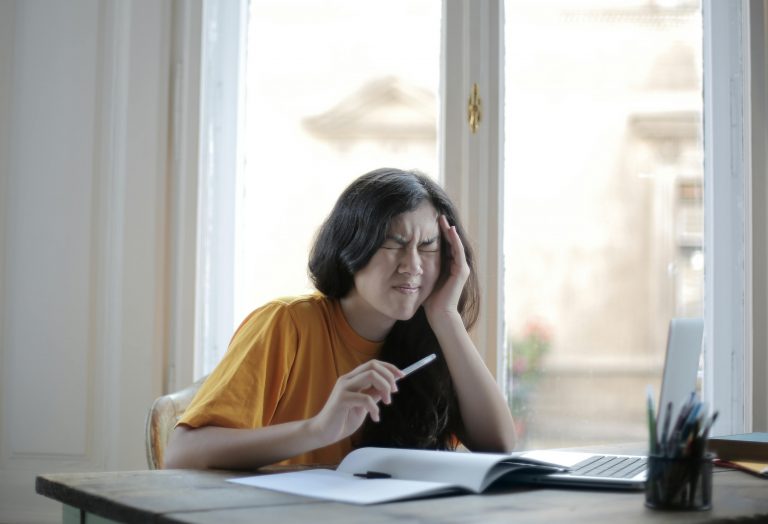

Although dementia is not technically classified as a disease, its development in the brain as a result of injury or illness can result in symptoms that act like a disease. Typical symptoms of dementia include impaired functioning and thinking, forgetfulness, and limited social skills. Additional symptoms include hallucinations, paranoia, confusion, and inability to speak.
Dementia is a challenging disorder for all those affected. However, while the condition itself is chronic, there are ways to help those suffering from it. And it’s not with any sort of injection or magical pill. Rather, it’s with art.
Art therapy’s positive emotional effects on dementia patients
According to the most recent data, one in three American seniors dies of dementia or Alzheimers disease. Because seniors often feel like a burden on their loved ones turned caregivers, many of those who suffer from these disorders also suffer from anxiety or depression. Art therapy programs designed and taught through inpatient neuropsychiatry programs for the elderly help to give these patients meaning and peace.
Neuropsychiatry programs that offer art therapy classes do so because it allows patients to tell their stories through the expressive arts. Art allows people to express their emotions, thoughts, and reflect their experiences without the need to put those experiences into words. Not only is it therapeutic for the patient, but it also has positive effects on the caregivers and family of the patients as well.
According to alzheimers.net, when art therapy is done in combination with reminiscence therapy and recreational therapy it can help those suffering from Alzheimers and dementia to see the value in themselves and their stories. It also allows seniors to stay engaged, interested, and focused on something meaningful.
Art therapy’s positive mental effects on dementia patients
It’s true that studies have shown that art therapy helps to improve the quality of life of those with dementia patients dealing with depression and self-worth. However, studies have also shown that art therapy helps to stimulate and enhance the brain’s functioning as well as communication and social interaction.
Because art therapy provides another way for patients to express themselves aside from talking, it can also help to spur dormant memories to the surface and thus provoke conversation. Finally, according to ParentGiving, art therapy can help to stimulate the entire brain of the senior artist because they use their motor skills, create patterns, and plan and remember their artwork.
If you or a loved one is suffering from dementia or Alzheimers and is looking for a neuropsychiatry programs to stimulate your creative brain, consider taking up an art therapy course through your psychiatric hospital. The benefits are incredibly surprising.


